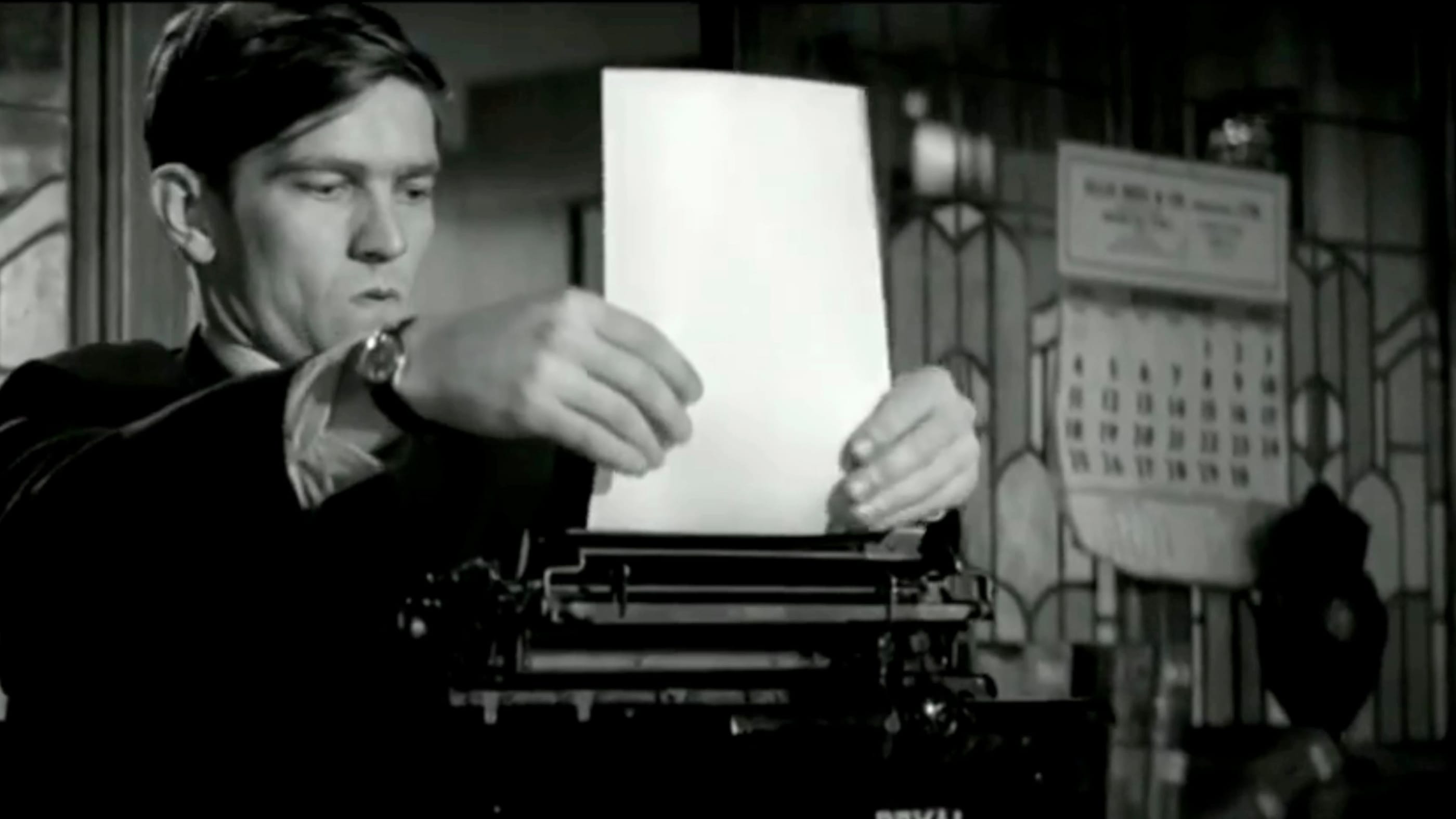We were delighted to receive more than 400 submissions for our first open call for the Bee magazine. We were hugely impressed by the diverse and thought-provoking ideas that were submitted, and it was a pleasure to read through them all. We wanted to share some broader feedback on why pieces might not have been selected, and guidance on how you might adapt your submissions to increase your chances of your work being selected next time. We will be opening for submissions again in early 2026, and we would love you to submit again.
Explain why your piece is right for the Bee
The Bee is currently interested in publishing fiction, narrative non-fiction, non-fiction and journalism about being working class in Britain in 2025. The strongest submissions were those that clearly explored contemporary topics through a working-class lens. We’re keen to see work that feels as if it could not have been written at any other time.
We loved seeing submissions that clearly detailed how the piece met the goals of the Bee, and reflected on how their piece might fit in with work we had already published, or on how it might fill a gap.
Be specific with your ideas and present a new perspective
We’re particularly interested in new perspectives on class, and in voices that aren’t traditionally heard in the publishing mainstream. The submissions that spoke to us the most were those that surprised us, giving a working-class perspective on a familiar topic or theme. Try to avoid stereotypes or clichés, and think about what new angles you can take.
Check eligibility
Make sure you read the eligibility and FAQs carefully. Some submitted pieces were unsuccessful due to ineligibility, for example: writers not being based in or having a clear connection with the UK; submitting work that was ineligible for this call, such as poetry or a full manuscript; submitting more than one pitch; not including a pitch or a writing sample; and not clearly presenting a working-class perspective.
Write a clear pitch that is specific about how the piece will work
The pitches that worked best were specific about what the piece would explore and how it would develop. You might consider: what examples will you give, or what scenes will you include? How will you start the piece? How will the story of the piece unfold? How will it end?
We ask for pitches rather than full pieces for several reasons. Firstly, we are interested in new writing and new perspectives on class in Britain in 2025. That’s not to say that if you have a piece you’ve already been working on, it wouldn’t be accepted, but we want you to reflect on the already published pieces in the Bee, and think about new perspectives on class. To this end, we also don’t want to ask you to fully research and write a piece when there is a chance it won’t be selected for publication. Finally, selected writers work with our editor-in-chief on their piece, and this might affect how your work develops.
Explain why you are the person to write the piece
Submissions were stronger when authors explained how their own distinctly working-class experience would determine the piece’s perspective, insights and tone. The journalism/non-fiction submissions to which we were most drawn were those embedding a personal element in the pitch.
There were some submissions that seemed to be writing about working-class life from a non-working-class or an unclear class perspective. To be clear: the Bee is concerned with writing from the working-class perspective, rather than about the working-class perspective. We look for work that feels written from inside working classness.
Let your voice stand out
We strongly suspected that some people submitting work used generative AI to help draft their pitches. We understand that generative AI can be a helpful tool for writers, but it tends to create writing that feels generic and clichéd. We’d much rather see a pitch that is rough around the edges, but has a genuine voice, than one which is technically perfect but feels generic. We want to publish real, contemporary working-class voices that are not being already being published; by its nature, generative AI draws on what is already out there. Try to send us writing that could be written only by you.
Think about how your writing sample is supporting your submission
We appreciate that you might not have written in the exact form/genre you are pitching. However, we would recommend that you think about how your writing sample is supporting your submission. Some writing samples took the form of a biography: this is less helpful to us in understanding how your writing might look. Similarly, submitting poetry gives us little sense of how your prose might look.




